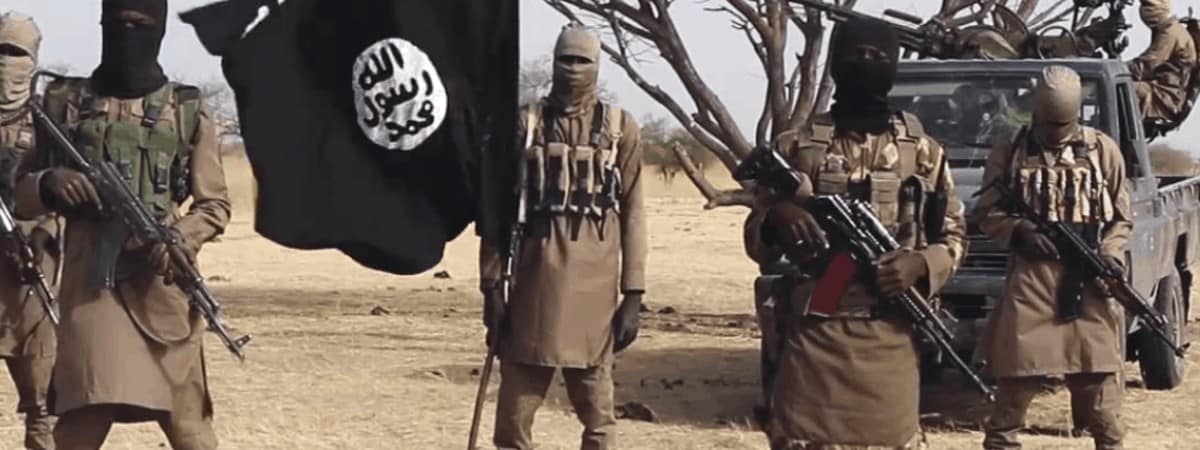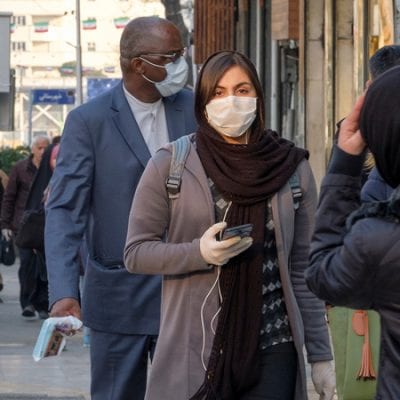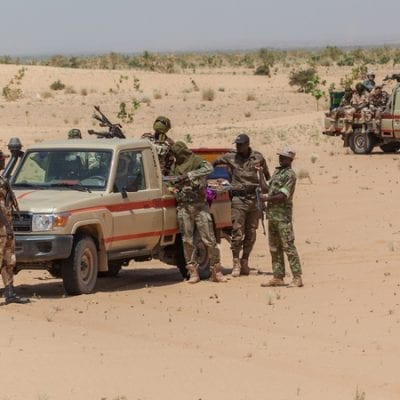ISIS detainees in Syria … forgotten prisons after the fall of the “caliphate.

They belonged to one of the most terrorist organizations in the world, and their fate was forgotten behind prison walls and in detention camps.
This is the case of thousands of men, women and children, more than a year after the defeat of ISIS, who are languishing in prisons and camps, and are being held in a surrounding area in the city of Qamishli in Hasaka Governorate, in northern Syria.
That area is under the control of the Kurdish fighters who helped defeat ISIS, and were forced into a small enclave in northeastern Syria due to Turkish threats.
The Kurdish forces bear the brunt of the care for the detainees since the collapse of ISIS, including hundreds of foreigners who have been fighting alongside ISIS.
The issue of dealing with the remnants of ISIS, whose fighters tortured and executed thousands in 2014, is a thorny issue for countries whose citizens traveled to fight in the ranks of the organization, where many European countries hesitated to reclaim their citizens for fear of public reaction, as Europeans make up about 20% of the fighters The organization, which is held by the Kurdish armed groups, who number about 10 thousand fighters in Syria.
Meanwhile, Kurdish officials say they do not have sufficient resources to detain, investigate, and prosecute this large number of prisoners, as well as to care for their families in the camps, knowing that they have made repeated calls to foreign countries for the return of their citizens.
“We want to know our fate,” said Mahmoud Muhammad, a Syrian fighter in ISIS, who is being held by Kurdish forces in a prison near the city of Hasaka, south of Qamishli.
He added, in an interview with Reuters, arranged and supervised by the Kurdish security forces during a visit that was approved by the prison: “We do not know anything about our families, we do not know whether they are alive or dead, whether they are in Syria or abroad, I want to know my punishment and my fate.”
Abdel-Rahman Mustafa al-Jumu`, a 32-year-old Syrian from Raqqa who was being held in al-Hasakah central prison, said: “I used to work with ISIS as a civilian.” The punishment is two years. I am married and have two children. My family is in Raqqa and comes to visit me.
It is noteworthy that the largest of these camps is “Al-Hol Camp” in Al-Hasakah Governorate, where tens of thousands of people live on a sprawling patch of white canvas tents.
Children, who make up more than two-thirds of this number, have fun in muddy roads and dirty pools in the open spaces.
And the proportion in the camp to 66% of the population, and most of them do not have identification papers, especially those born on the land of the alleged “caliphate” after their parents joined it, according to United Nations reports.Moreover, the presence of foreign “ISIS” in the horror has further complicated the problem of the camp, especially since these people still cling to the ideas of the extremist organization until now. Some of them are involved in daylight violence inside the camp, most of which is related to the victims’ rejection of their extremist ideas. For example, according to Reuters, a woman from the camp who spoke to the agency in broken English, who said she was from Hong Kong, confirmed that she came to the Middle East to join ISIS. To know more Arab news latest.




